Jean Baudrillard, prominent French philosopher, social theorist and long time hero of mine, is known for his provocative assertion that "the Gulf War did not take place."
His argument revolves around the notion of simulacra, which suggests that reality is replaced by simulations or copies that bear no connection to any original referent.
With that in mind, what would we get if we took Baudrillard's arguments and applied them to the ongoing war in Ukraine?
To be clear, I’m not seeking definite answers here, I’m rather more looking for some abstracted indulgence.
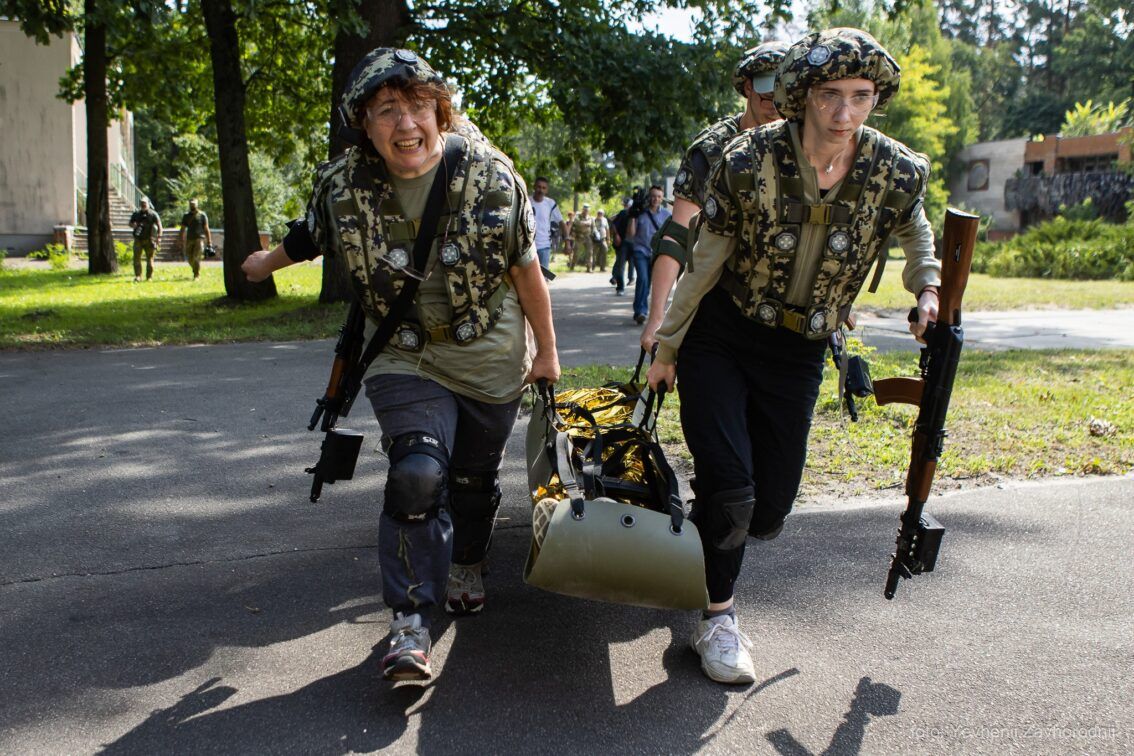
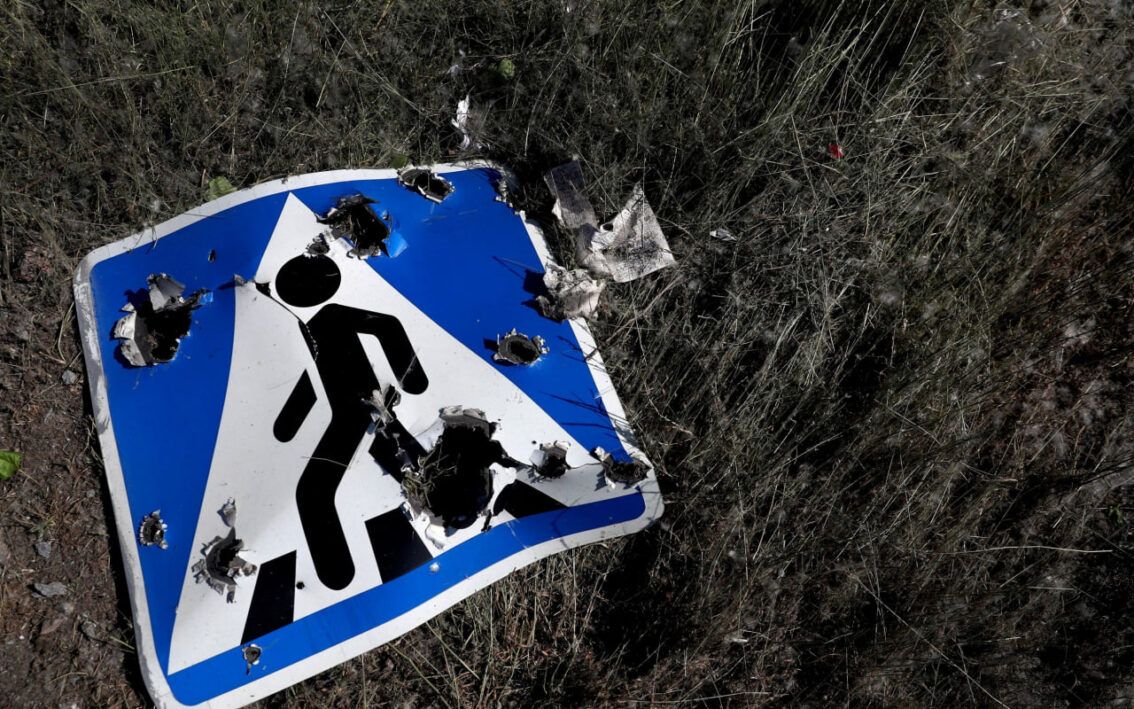
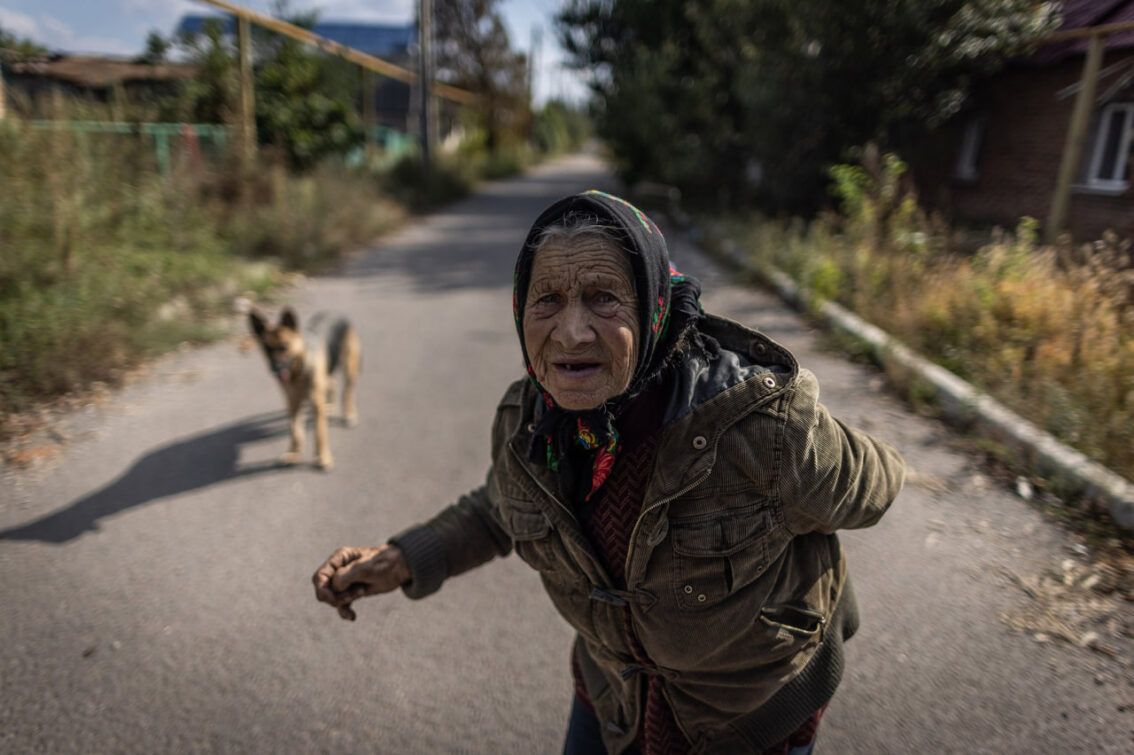
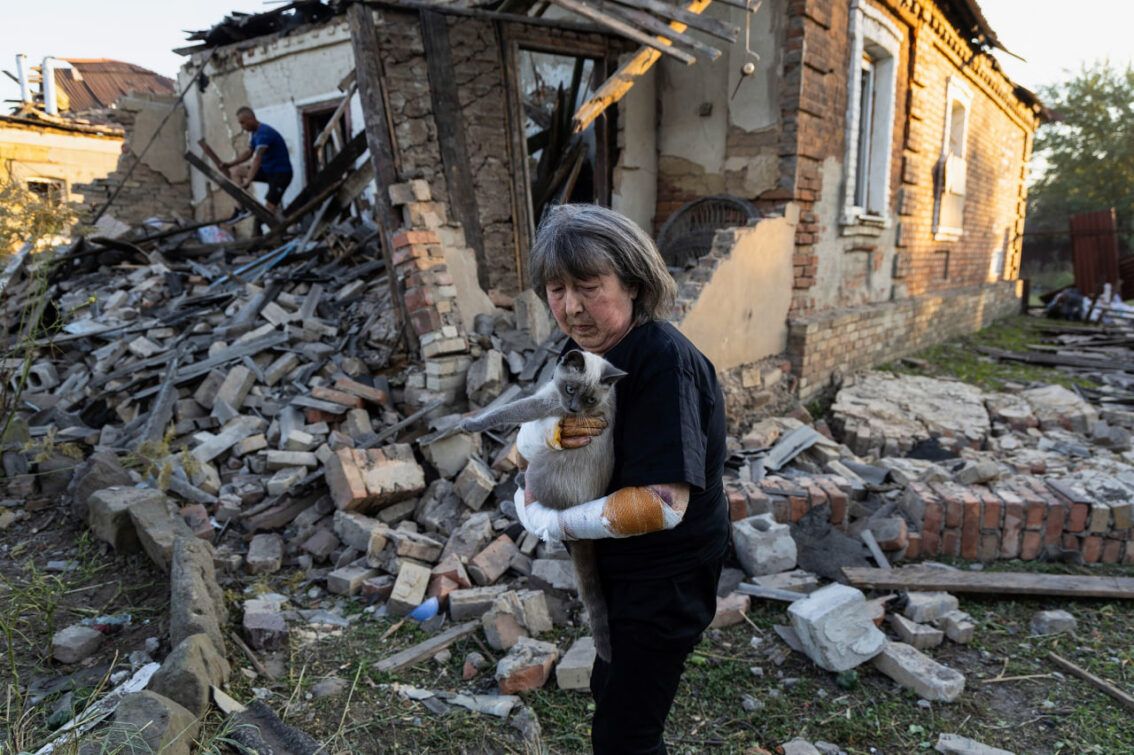
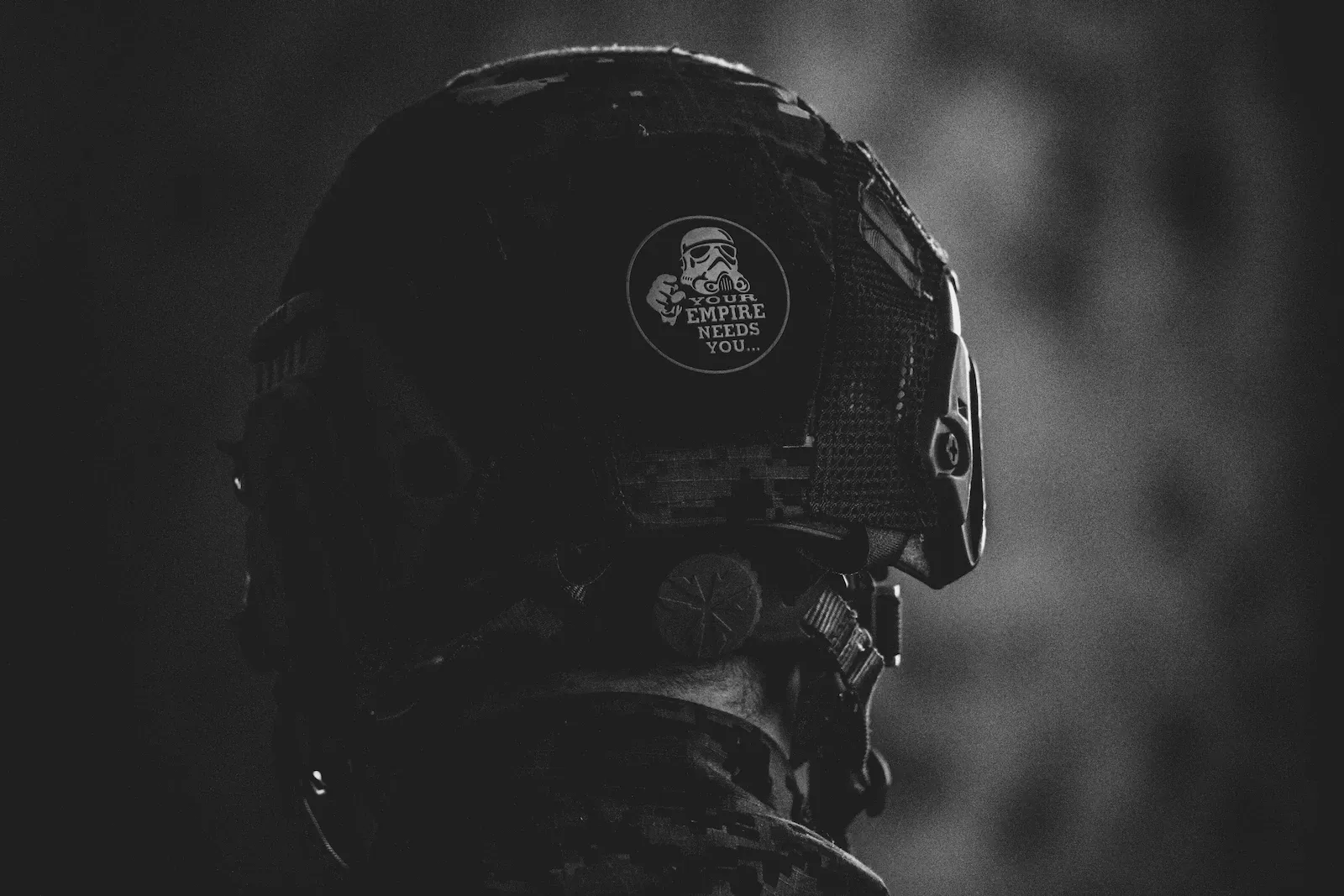
Images sourced from © https://war.ukraine.ua
Humour me.
Taking into account general representations of the conflict, media narratives, and the hyperreal aspects surrounding the war, I want to satisfy my curiosity and evaluate whether the ongoing war in Ukraine can also be considered as a simulacrum rather than an actual event.
But hold on a moment, now is probably a good time to briefly remind ourselves about Monsieur Baudrillard, and more specifically, his theory of “Simulacra”, as it is central to the idea behind my thinking.
Hyperreality.
Baudrillard argued that contemporary society is saturated with simulacra, where representations and simulations become more real than reality itself.
This “hyperreality”, he offered, blurs the boundaries between the “real” and the “simulated”, making it difficult to distinguish between the two.
In simple terms, is the footage we watch on the television news reality? Or are the edited action-montages on social media the actual reality?
Hmm. Impossible to say without delving a bit deeper. Forgive me.

The Precession of Simulacra.
The notion of the hyperreal, and the formulation of simulacra are subjects in and of themselves. Suffice to say though that Baudrillard outlined a series of stages in the precession of simulacra, where, ultimately, the representation precedes the real.
In other words, these stages involve a progression from the faithful reproduction of reality to the simulation becoming the dominant reality.
I think what he’s saying here is that every “reality” or “hyperreality” have their own very unique roots, or ingredients that can themselves be examined with a view to establishing their role in the creation of a simulacra. Or not.
The Gulf War Did Not Take Place.
Baudrillard's controversial claim about the Gulf War suggested that the media's hyperreal representations and simulations of the war superseded any actual conflict, rendering the war itself obsolete.
The hyperreal becomes our dominant reality, in a sense, which in turn leaves no room for any other form of “actual reality” to exist.
Okay. Let’s take these theories, and apply them to the war in Ukraine. Are there any similarities? Can we identify any elements of the precession to what Baudrillard would call the ultimate simulacra, or hyperreality?
I’m going to start with the media and the way it represents the war.
Even just using the word “represents” here is crucial in my mind: we are not consuming “facts”, there is no such thing.
All the information (“noise”) we receive is subject to nuance, be that the channel of that communication, or indeed, the way we as individuals consume and process it.
I think old Marshall McLuhan’s “the media is the message” theory is probably up for debate here, but I digress.
The war in Ukraine is being extensively covered by the media, both domestically and internationally. Maybe that fact alone is a reality?
However, I think Baudrillard would argue that the media's representation of the conflict is distorting reality, creating a hyperreal spectacle that is very much detached from the actual events on the ground.
When we consume a range of media about “the war in Ukraine”, are we really ever able to reach a conclusion about what is going on?

Actual warfare or symbolic warfare?
Back in the day, Baudrillard argued that modern warfare is no longer about territorial conquest or ideological struggles but is rather a simulation, a symbolic game devoid of any actual stakes.
More like a video game, or series of subtle abstractions we are conditioned to call “war”.
Looking at what we see in the case of Ukraine, the conflict can be seen more as a clash of symbols and narratives, where the real-world consequences are overshadowed by the hyperreal spectacle.
To that end it’s possible to conclude that power (be that state power, manpower, military power etc) is not actual, per se. That power is a mere simulation.
To that end, we can imagine in the era of simulacra, power is no longer exerted through direct force but through the manipulation of signs and symbols.
The terrible war in Ukraine could be seen as a battleground for competing narratives and discourses, where the simulation of power is more significant than any actual military engagement. So what are some of the hyperreal aspects of the war in Ukraine?
Information Warfare.
The war in Ukraine exhibits an intense war of information, with the various actors disseminating propaganda and (dis)information to shape public opinion. Look no further than the mainstream media, social media, Telegram and YouTube for examples of the insanity of information out there.
So what is actually going on? Hard to say. This blurring of truth and fiction aligns with Baudrillard's notion of hyperreality, where the simulation is indistinguishable from reality.
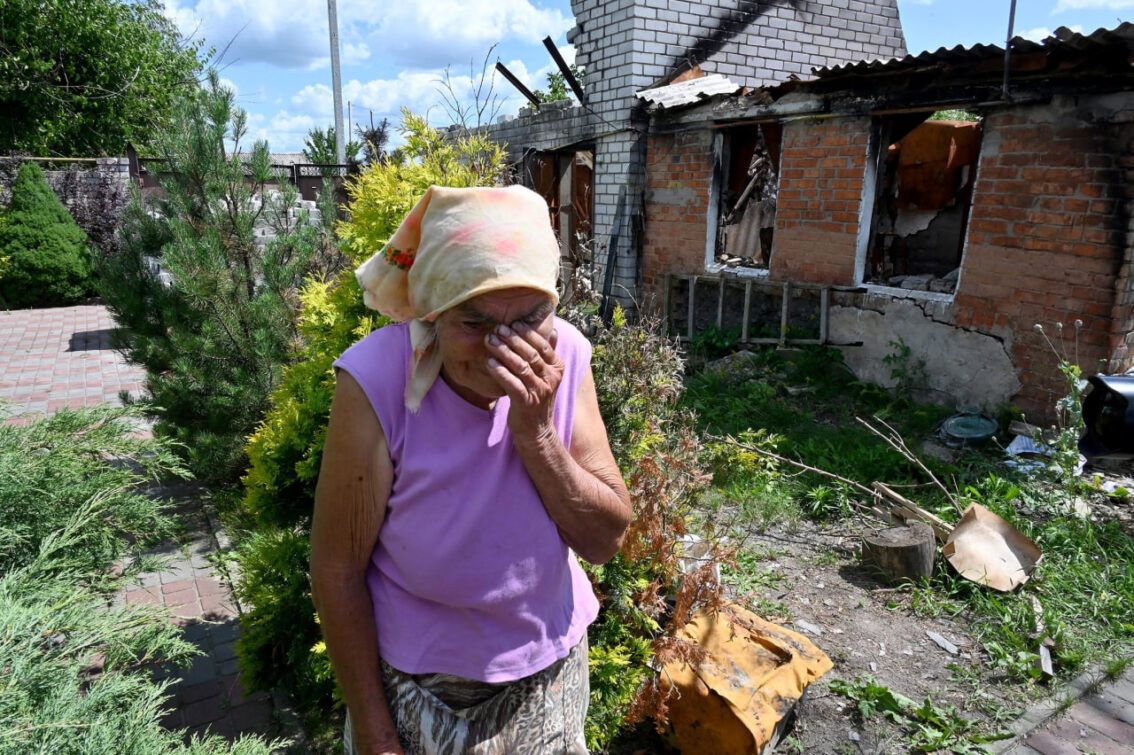
Virtual Reality and Social Media.
Ugh, social media, it had to force itself in here somewhere. Not least because it simply wasn’t a thing when Baudrillard was smoking his Gauloise and postulating in Paris.
Social media platforms are inevitably playing a significant role in shaping perceptions of the war in Ukraine. Baudrillard's theories can definitely be applied to the virtual reality experienced through these platforms, where the online representation of the conflict overshadows the material reality on the ground.
Simulation of Sovereignty.
Baudrillard argued that in a hyperreal world, sovereignty itself becomes a simulation.
So, why did Russia invade Ukraine in the first place? If, indeed, it did?
The war in Ukraine has witnessed the involvement of various external actors, blurring the lines of territorial integrity and national sovereignty. This simulation of sovereignty reinforces his theory about the hyperreality of conflicts in the modern world.
Has your head exploded yet?
While it may be tempting to apply Baudrillard's argument that "the Gulf War did not take place" to the ongoing war in Ukraine, it is presumably crucial to acknowledge the complexities and nuances of the conflict itself.
I think his theories can offer valuable insights into the hyperreal aspects surrounding the war, including media representations, symbolic warfare, and the simulation of power.
But when I say “valuable”, I mean “worthy of consideration”, if you’re into that kind of thing.
So, back to the war in Ukraine. Of course, I’d suggest it cannot be entirely reduced to a simulacrum, as it clearly involves real human suffering, geopolitical interests, and complex historical factors.
Or does it?
Nonetheless, Baudrillard's ideas serve as a thought-provoking lens through which we can all critically consider the ways in which conflicts (and, more broadly, “things”) are experienced, represented, and understood in today’s contemporary “hyperreal” society.
Make of that what you will. I’m off to walk the dog.
Or am I?
Enjoyed that? Try this:








